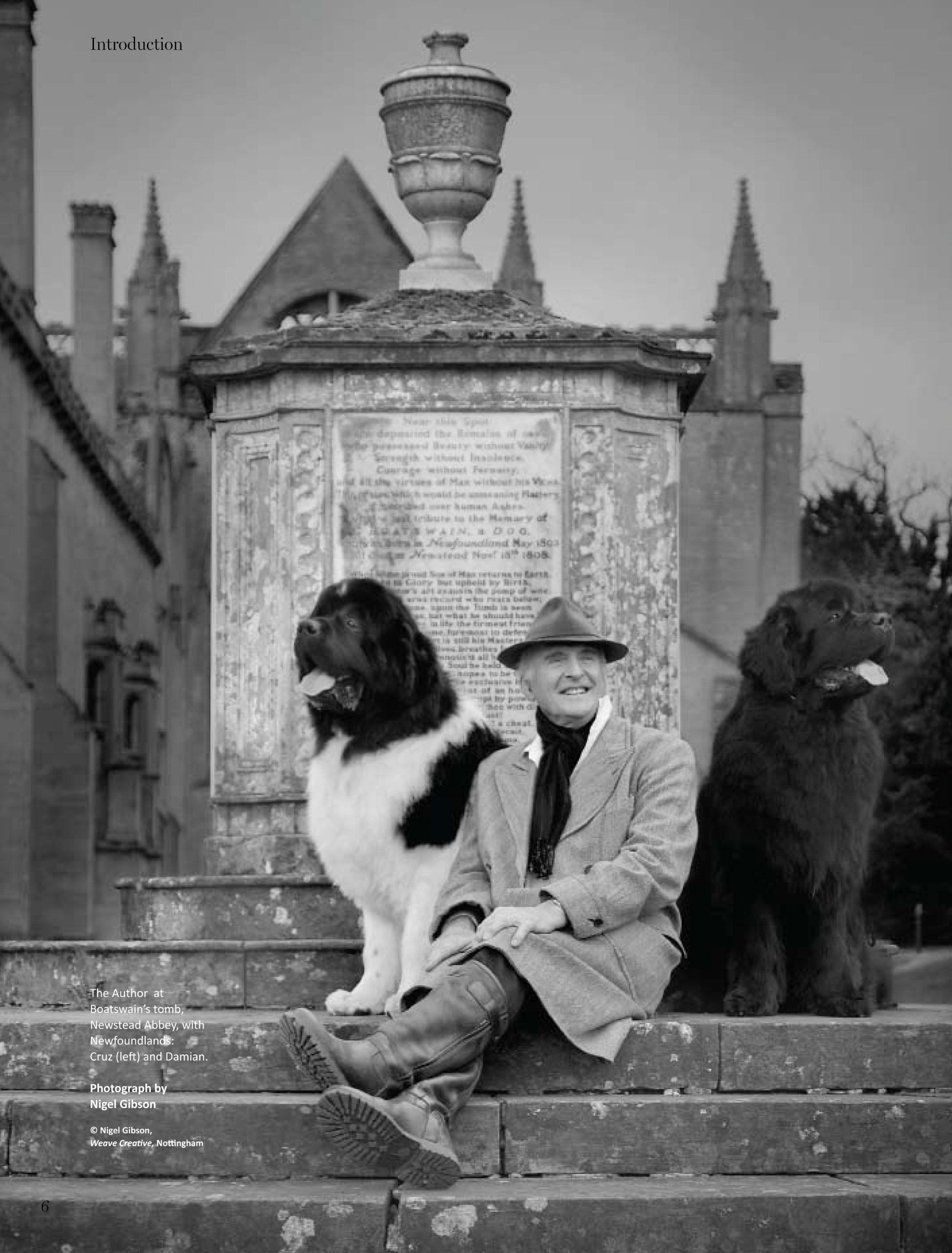Dogs Reigning in My Mind (Part 14)
Lord Byron wrote an epitaph for his beloved Newfoundland named Boatswain, who died of rabies. Byron buried his friend in a tomb/monument that was larger than the one constructed after his death. It is perhaps the largest structure ever built memorializing a dog in history, excepting the two driftwood forts I built memorializing the deaths of two of my dogs.
Part of the epitaph reads:
Near
this Spot
are
deposited the Remains of one
who
possessed Beauty without Vanity,
Strength
without Insolence,
Courage
without Ferocity,
and
all the virtues of Man without his Vices.
This
praise, which would be unmeaning Flattery
if
inscribed over human Ashes,
is
but a just tribute to the Memory of
Boatswain,
a Dog
who
was born in Newfoundland May 1803
and
died at Newstead Nov. 18th, 1808
Byron got it: The very best you can say about a great dead dog doesn’t work as praise for a great dead human being. It sounds utterly phony. Why is that? What’s missing there? In Catcher in the Rye, Holden would have greatly benefited from having a dog around. He was friendless, neurotic, impulsive, and if ever there is medicine for those afflictions, it’s a dog. Imagine the dialogue Salinger could have written for Holden talking (ranting) to his dog! Talking about phonies!
In Shakespeare’s comedy Two Gentleman of Verona, easily the greatest play where a dog inspires the best of humanity, the servant Launce demonstrates unswerving loyalty to his little mutt Crab, and won’t leave him behind as he accompanies his master on a journey to Milan. During the play, Launce delivers multiple monologues about Crab and the extent of his suffering on behalf of the dog. I’ll be sworn, I have sat in stocks for puddings he hath stolen. He won’t give up the dog. Human beings give up on human beings all the time (and sometimes, dogs, too.) When did a dog ever give up on a human being? It is the worst feeling in the world to know when someone dear to you has given up on you, particularly at the critical moment you most need their loyalty and might possibly die without it. Launce’s monologues make me think Shakespeare got dogs, and with the same absolute profundity he got the interior lives of human beings, their colors and contours, their contradictions and conniving. The Bard’s insight into dogs begs the question: can a human being who doesn’t get dogs, really get human beings? Another question: can a human being who gets dogs not really get human beings?
One wonders if the productions of Two Gentleman of Verona by the King’s Men back in the day featured a real dog on stage. Or did a human get to play Crab and act like a dog that inspires a human to become a better human?

